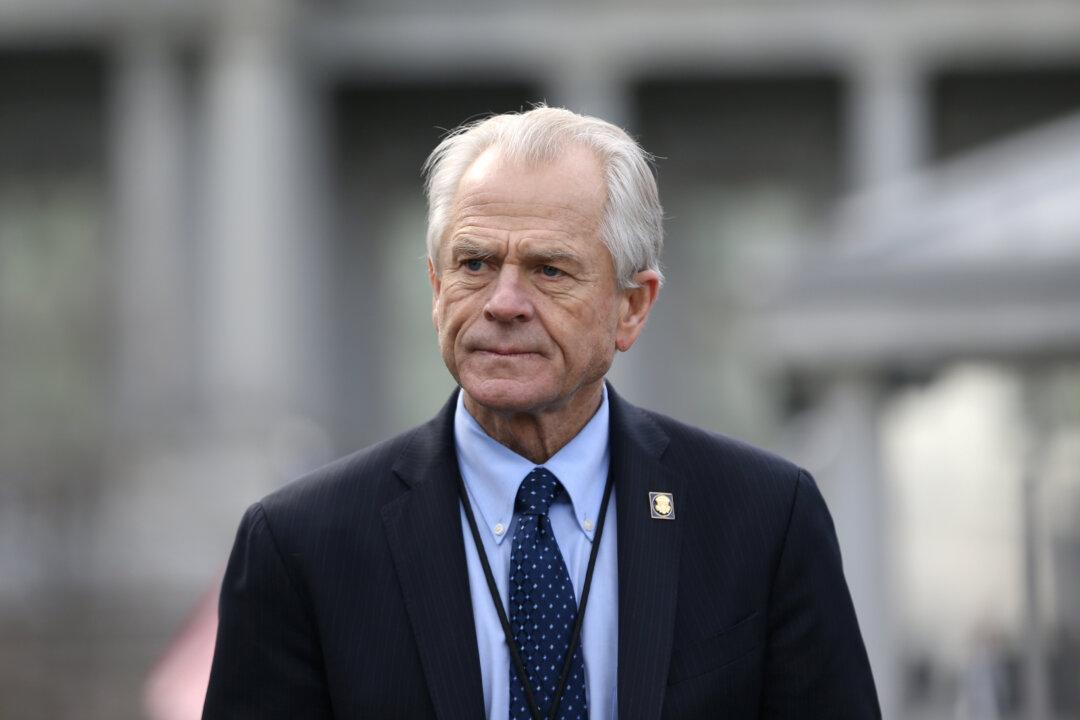The Trump administration made the decision to delay tariffs on some Chinese imports from September until mid-December because proceeding next month would have caused “more pain on us, rather than pain on [China],” White House trade advisor Peter Navarro said on Aug. 14.
The U.S. Trade Representative’s Office on Aug. 13 published a notice delaying the imposition of a 10 percent import tariff on a range of consumer goods, including laptops, cell phones, and video game consoles.





